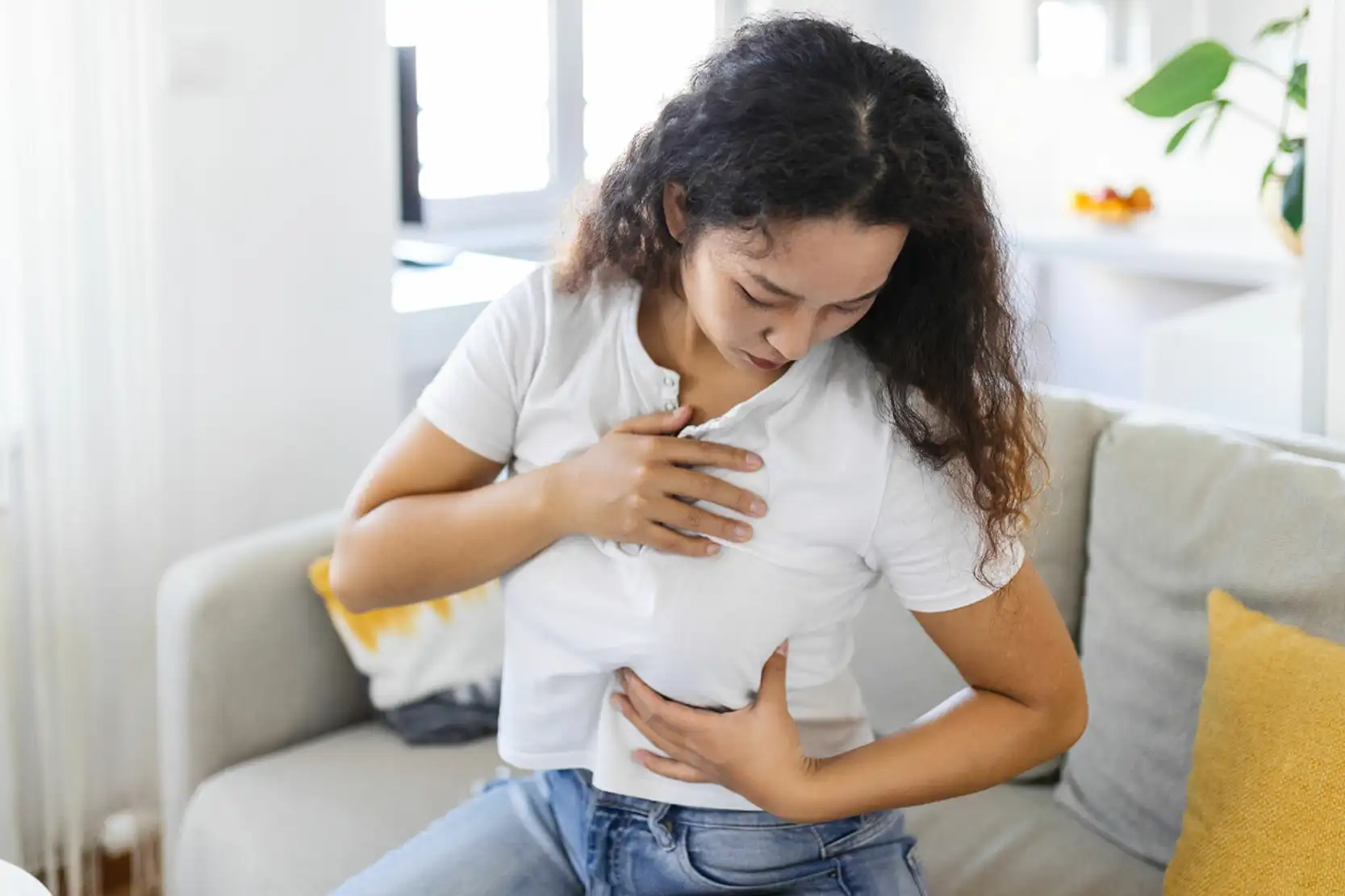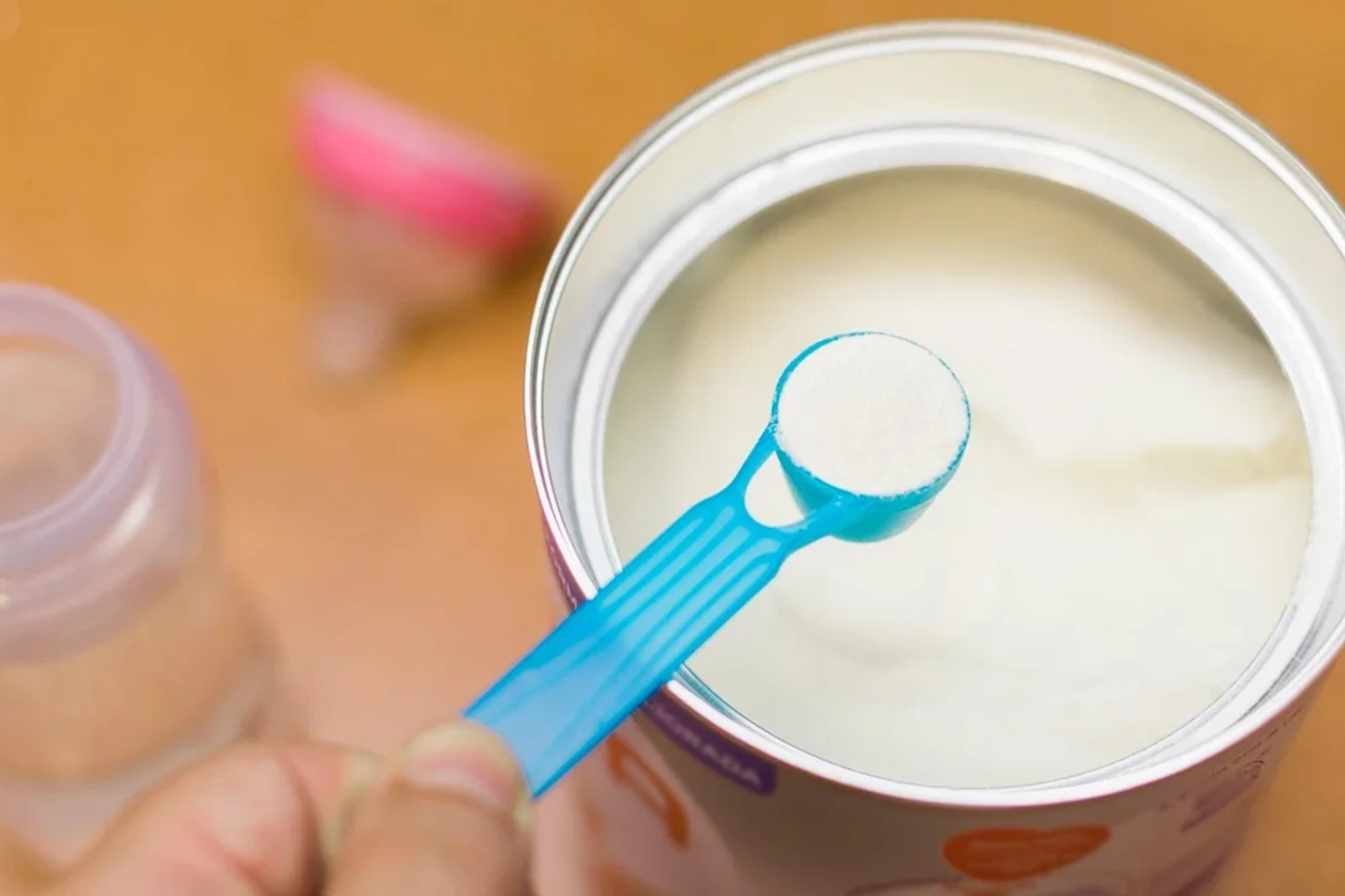
HEALTH BLOG
Vaginal Itching During Pregnancy: Unraveling Myths and Finding Relief
-
Rahul Priydarss
Vaginal itching during pregnancy is a common issue caused by hormonal changes, infections, or skin irritants. This article explores the causes, prevention tips, and safe treatments for vaginal itching to ensure comfort and health during pregnancy. Learn when to seek medical advice, the importance of proper hygiene, and how to identify symptoms of infections like yeast infections and bacterial vaginosis. By understanding what triggers vaginal itching during pregnancy, you can take steps to manage it effectively. Stay informed and protect both your health and your baby’s well-being throughout your pregnancy journey.
Introduction to Vaginal Itching During Pregnancy:
Vaginal itching during pregnancy is a common issue that many women experience. It’s usually caused by hormonal changes, an increase in vaginal discharge, or infections like yeast infections and bacterial vaginosis. Although it can be uncomfortable, it’s usually manageable with the right approach. However, understanding what’s normal and when to seek medical advice is essential for both comfort and the health of your pregnancy.
Pregnancy brings numerous changes to your body, and some of these can affect your vaginal health. As your hormone levels rise, especially estrogen, your vaginal environment can change. These shifts can lead to more discharge, alter your vaginal pH, and sometimes trigger itching. In some cases, infections such as yeast infections, bacterial vaginosis, or even urinary tract infections (UTIs) may develop. Recognizing these causes and knowing how to manage them can help ensure a smoother pregnancy experience.
What is Vaginal Itching:
Vaginal itching refers to an uncomfortable sensation of irritation or tingling in the vaginal area. It can occur due to various reasons, such as infections (like yeast infections or bacterial vaginosis), allergies, hormonal changes, or even dryness. Vaginal itching can range from mild to severe, and while it’s often harmless, persistent or intense itching may indicate an underlying issue that requires medical attention. Addressing the cause of the itching is important for relief and overall health.
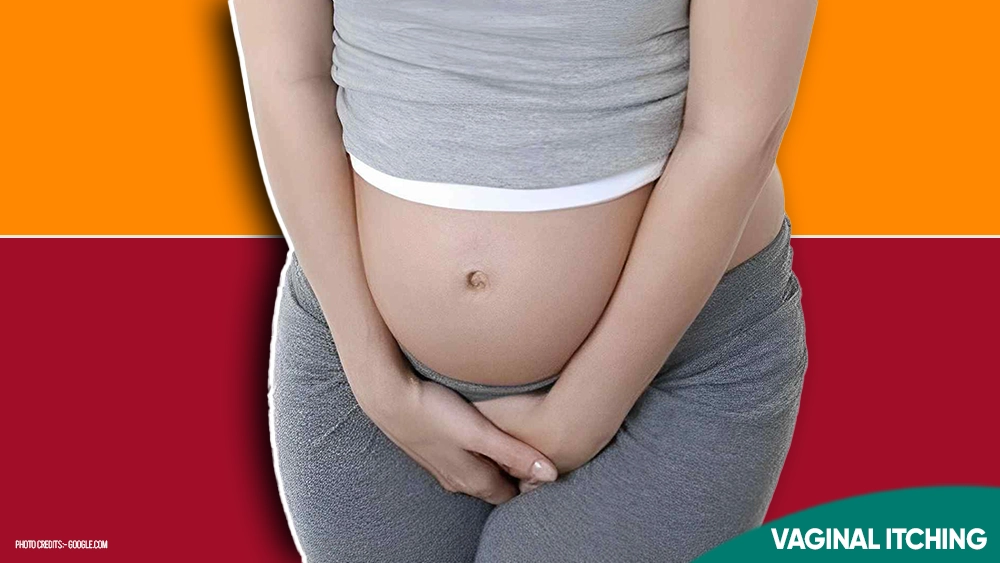
Table of Contents
Causes of Vaginal Itching During Pregnancy:
Hormonal changes during pregnancy play a significant role in many of the symptoms you experience, including vaginal itching. The increase in estrogen and progesterone levels affects the vaginal tissues, sometimes leading to irritation or dryness. Additionally, the expanding uterus puts extra pressure on your pelvic area, which can add to the discomfort.
There are several reasons why vaginal itching might occur during pregnancy:
Hormonal fluctuations: The increase in estrogen and progesterone can lead to changes in the vaginal environment. These changes may cause the vaginal tissues to become more sensitive, leading to itching.
Yeast infections: Yeast infections are particularly common during pregnancy due to increased levels of estrogen, which can promote the growth of yeast. Symptoms include itching, a thick, white discharge, and possibly a burning sensation.
Bacterial vaginosis: This condition occurs when there’s an imbalance of the bacteria normally present in the vagina. In addition to itching, symptoms may include a thin, grayish discharge with a fishy odor.
Urinary tract infections (UTIs): Although UTIs primarily affect the urinary system, they can sometimes cause irritation and itching in the vaginal area.
Allergic reactions: Some women may develop sensitivities to soaps, laundry detergents, or even fabrics during pregnancy, which can result in itching.
Skin conditions: Conditions like eczema or psoriasis can sometimes flare up during pregnancy, contributing to vaginal itching.
How to Manage and Prevent Vaginal Itching:
If you’re experiencing vaginal itching during pregnancy, there are several steps you can take to manage the discomfort and prevent it from worsening. Maintaining proper hygiene is crucial. This means gently washing the vaginal area with warm water and avoiding harsh soaps or products that could further irritate sensitive skin.
Here are some tips for managing and preventing vaginal itching:
Keep the area clean and dry: Regularly wash the vaginal area with warm water and mild, unscented soap. After washing, ensure the area is thoroughly dry to prevent excess moisture, which can contribute to yeast growth.
Wear breathable clothing: Opt for loose-fitting clothes and cotton underwear, which allows better airflow and reduces moisture buildup. Avoid tight clothing, especially in the genital area, as it can trap heat and moisture, promoting irritation.
Avoid irritants: Stay away from scented soaps, bubble baths, douches, or any vaginal sprays that could disrupt your natural pH balance or irritate the skin.
Hydrate and eat well: Drinking plenty of water helps keep your skin hydrated, while a balanced diet supports your overall health, including your vaginal health. Including probiotic-rich foods like yogurt or fermented foods in your diet can promote healthy bacteria in the vagina, which can prevent infections.
Cold compresses: If itching is severe, applying a cold compress to the area may help soothe irritation temporarily.
Consider over-the-counter remedies: While many over-the-counter creams and ointments are available for vaginal itching, it’s essential to consult your doctor before using any, especially during pregnancy. Some treatments may not be safe for pregnant women.
When to See a Doctor:
Vaginal itching can be a sign of a more serious issue, so it’s essential to know when to seek medical attention. Severe or persistent itching should not be ignored, as it could indicate an underlying infection or other condition that needs treatment.
You should see a doctor if:
The itching is severe and doesn’t improve: It’s one thing to experience occasional itching, but if it’s constant or worsening, you should consult a healthcare professional. Persistent itching could be a sign of a yeast infection, bacterial vaginosis, or even a more serious issue.
There’s abnormal discharge: Pay attention to any changes in your vaginal discharge. If it’s thick and white, yellow or green, or has a strong odor, this could indicate an infection.
You experience pain, swelling, or sores: Itching accompanied by pain, swelling, or visible sores could be a sign of an infection or other condition that requires medical attention.
You have symptoms of a UTI: Symptoms like frequent urination, a burning sensation when urinating, or pelvic pain could indicate a urinary tract infection, which can also contribute to vaginal discomfort.
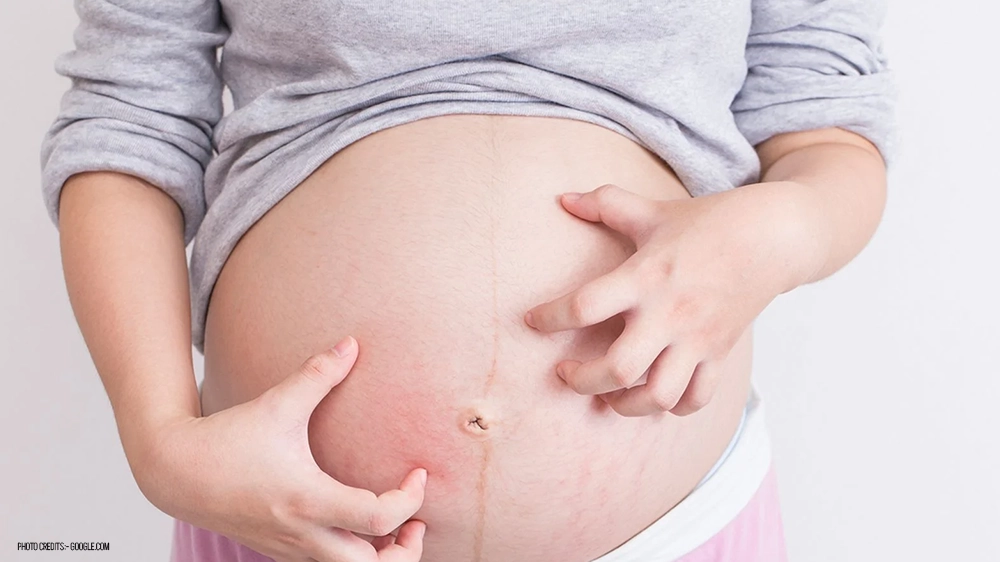
Safe Treatments for Vaginal Itching:
When it comes to treating vaginal itching during pregnancy, the approach will depend on the underlying cause. Yeast infections are typically treated with antifungal creams or suppositories, which are safe to use during pregnancy. These are usually available over-the-counter, but you should always consult your doctor before starting any new medication while pregnant.
Bacterial infections, such as bacterial vaginosis, are treated with antibiotics. Your doctor will prescribe a medication that is safe for use during pregnancy, and it’s important to take the full course of antibiotics to ensure the infection is fully treated.
In cases where itching is caused by allergic reactions, identifying and eliminating the irritant is key. This could mean switching to a hypoallergenic laundry detergent or avoiding scented soaps and lotions.
Home remedies can also provide some relief for mild cases of itching:
- Cold compresses: Applying a cold compress to the vaginal area can help reduce itching and inflammation. Simply wrap a clean cloth around an ice pack and hold it against the affected area for 10-15 minutes.
- Coconut oil: Some women find that applying a small amount of coconut oil to the vaginal area can soothe itching. Coconut oil has natural anti-inflammatory and moisturizing properties.
- Aloe vera: Pure aloe vera gel can provide relief for irritated skin. Be sure to use an all-natural product without added fragrances or chemicals.
Can Vaginal Itching Affect the Baby:
Many pregnant women worry about how their symptoms might affect their baby. The good news is that vaginal itching itself typically does not harm your baby. However, it’s important to address the cause of the itching, especially if it’s due to an infection.
Infections like bacterial vaginosis or yeast infections, if left untreated, can potentially lead to complications such as preterm labor or low birth weight. That’s why it’s crucial to seek treatment if you suspect an infection. By addressing these issues early, you can protect both your health and your baby’s well-being.
Common Myths About Vaginal Itching During Pregnancy:
There are several myths and misconceptions surrounding vaginal itching during pregnancy, and it’s important to separate fact from fiction.
Myth 1: Vaginal itching always means an infection.
While infections like yeast infections or bacterial vaginosis are common causes, vaginal itching can also result from hormonal changes, allergies, or irritation from hygiene products. It’s not always due to an infection.
Myth 2: Over-the-counter creams are always safe to use during pregnancy.
Not all over-the-counter creams or medications are safe for pregnant women. Some may contain ingredients that could harm you or your baby. It’s always best to consult your doctor before using any medication during pregnancy.
Myth 3: Vaginal itching during pregnancy can harm the baby.
The itching itself is usually harmless to the baby. However, if the itching is caused by an untreated infection, it could lead to complications like preterm labor. Seeking treatment when necessary helps prevent such risks.
Myth 4: Vaginal itching is just a normal part of pregnancy.
Although hormonal changes can cause itching, it’s not something you should ignore if it’s severe or persistent. It’s important to get it checked to ensure it’s not a sign of an infection or other health issue.
FAQs about Vaginal Itching During Pregnancy:
A1: Vaginal itching during pregnancy can be caused by hormonal changes, increased vaginal discharge, yeast infections, bacterial vaginosis, allergic reactions to products, or skin conditions.
A2: Consult a doctor if the itching is severe or persistent, if there are changes in discharge (such as color or odor), or if you experience pain, swelling, or other symptoms of infection.
A3: Yes, safe treatments include antifungal creams for yeast infections and antibiotics for bacterial infections, both of which should be prescribed by a healthcare professional. Home remedies like cold compresses, coconut oil, and aloe vera can also provide relief.
A4: While vaginal itching itself is usually harmless, it can indicate an underlying infection that, if untreated, may pose risks such as preterm labor or low birth weight. It’s essential to address any potential infections promptly.
A5: While some itching can be attributed to hormonal changes, persistent or severe itching should not be ignored, as it may signal an underlying issue that requires medical attention.
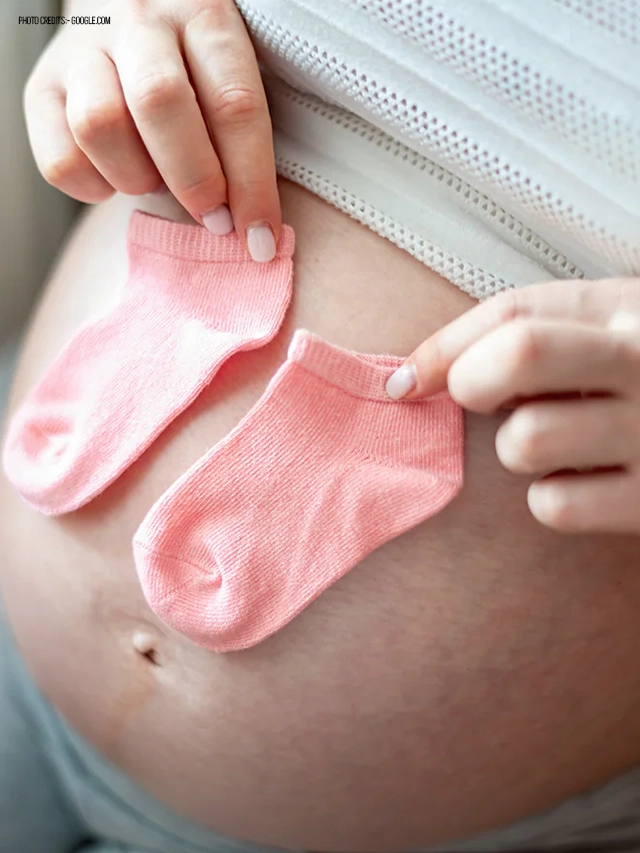
-Please remember, to always consult with healthcare professionals or Doctors for personalised advice related to medical conditions.
Conclusion:
Vaginal itching during pregnancy is a common experience for many women, typically caused by hormonal changes, increased discharge, or infections. The good news is that it’s usually manageable with proper care and attention. Maintaining good hygiene, wearing breathable fabrics, and consulting your doctor when needed can help you manage this symptom and stay comfortable throughout your pregnancy.




